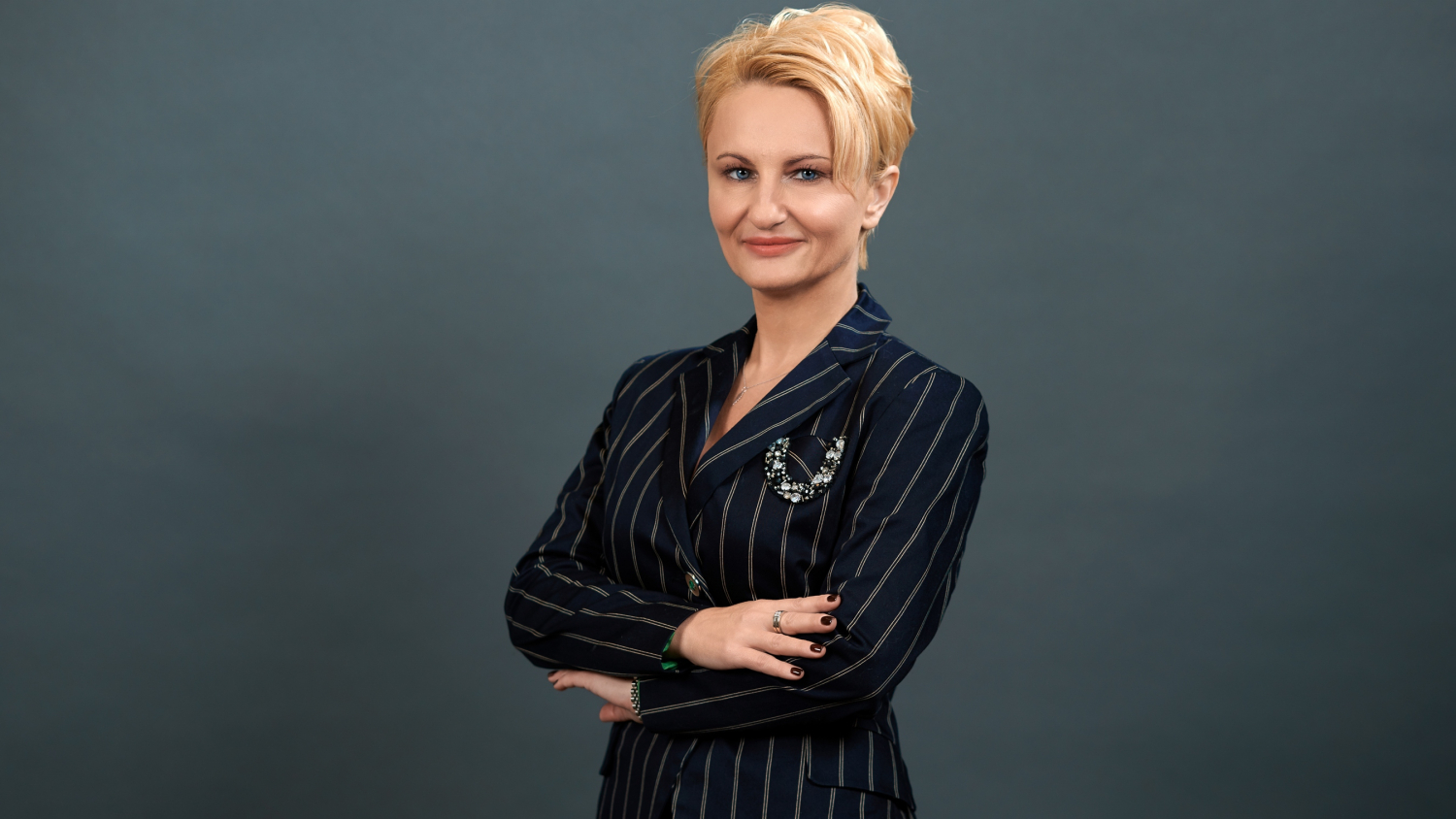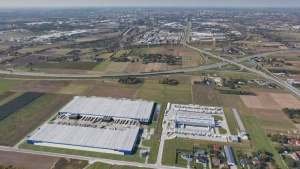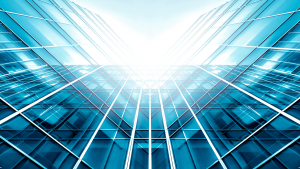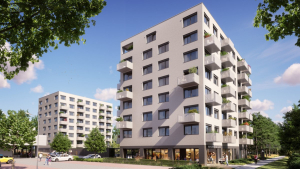
Emma Toma, Head of the Office Leasing Division at AFI Europe Romania, spoke to Property Forum about the developer’s expansion plans in the residential segment and the trend of rising rents in Class A office buildings.
This interview was first published in Property Forum’s annual listing of "The 50 most influential people on Romania’s real estate market”.
How has AFI Europe Romania’s office portfolio evolved over the last year in terms of occupancy and attracting new tenants?
Although the last 2 years have brought many challenges and an unstable situation in the Romanian office market, we have managed to maintain the occupancy of our buildings, extend the lease terms of existing tenants and even conclude leases with new tenants. This attests to our strong position in the office market. Of course, technical improvement measures and operating conditions have supported this development.
Is the big return of employees to office buildings happening after the lifting of pandemic restrictions?
With the removal of health restrictions, we see that large companies increasingly prefer the return of employees to the office, with most adopting hybrid working and flexible working hours.
The findings were that team interaction, close collaboration and immediate feedback are needed to work at their best, and this has persuaded companies to gradually recreate the office working environment, even in an adapted version. The decision to return to the office has also led to an increase of around 30% in 2021 compared to 2020 in terms of take-up in the Class A office market.
Is there pressure in the market for rental growth?
There is a chain reaction, the s tate of the crisis has naturally led to rising costs and prices in all areas of activity, and this has also manifested itself in construction and building materials. Thus, the cost of fitting out office space will also be affected. In addition, there will be far fewer new constructions in the coming period due to the bottleneck in the issuing of building permits in Bucharest. All this will implicitly lead to a decrease in the stock of office space, increasing rents, supported by the increased level of inflation.
What trends that emerged during the health crisis in the real estate sector will remain relevant after the pandemic is over?
The pandemic showed us how important it is to work in a safe and modern working environment and AFI Europe has continued to prioritise this. We implemented the necessary sanitary measures and invested €1 million in installing the latest bipolar ionisation air purification system in all office and shopping mall projects.
The sustainability trend continues. We noted the preference of companies for our office buildings, which are fully LEED and BREEM certified as “green” buildings, as well as the WELL Health & Safety certification obtained this year.
Finally, the versatility of space has become a very important element: with the adoption of the hybrid working model, organisations have had to reconfigure their offices to accommodate a new way of interaction between employees. Whether they wanted to create larger areas for team activities, or redesign offices to provide more individual space for employees, the processes were made possible by the efficiency of our office buildings.
How do you manage the inflation situation and what impact can it have on the office rental business?
Every crisis brings an economic downturn, and rising inflation was a predictable factor. Considering the increase in construction material prices, rents will most likely be more attractive in the coming years for operational office projects compared to those under construction. We forecast that low inventory coupled with rising prices and therefore rising revenues for companies in all segments will support indexed rents for Class A office space.
There are still many multinational companies planning to enter and grow in the Romanian market. The country is still one of the most attractive in Europe in terms of cost/labour force ratio.
Which industries dominate AFI Europe Romania’s tenant portfolio? Has the pandemic period changed the structure of office demand?
Our office portfolio is divided into three categories depending on the location of the projects: Centre-West, where we have the projects: AFI Park and AFI Tech Park and where tenants are predominantly IT&C companies and BPOs, Centre- North including AFI Victoriei Plaza, AFI Park Floreasca and AFI Lakeview, which host companies from all sectors. The regional portfolio is composed of AFI Park Brașov and AFI Park Timișoara, where strong international companies are tenants.
The majority of our leases are “triple net” and the tenants are leading multinational companies in their field, so the structure and commercial terms are no different compared to before the pandemic. For AFI, leasing activity over the last 2 years has been intense and continuous, with the office portfolio expanding to approximately 300,000 sqm.
Does AFI Europe Romania have new investment plans in the office segment, both in the existing portfolio and in the potential acquisition of new projects?
During the pandemic period, we completed the largest real estate transaction in Romania by acquiring the office portfolio of NEPI Rockcastle, totalling 118,000 sqm in four projects.
Our strategy is one of continuous development and portfolio expansion. We plan to start new office projects in the Central- West area, totalling approximately 200,000 sqm, as well as to start residential projects with apartments for rent in the Central-North and Central-West areas. The housing will be near existing office buildings. The mix of residential for rent - offices - shopping centres was a winner for us.
How important is building sustainability for companies currently considering entering the local market and leasing space?
Sustainability has become a very important concern for our clients and therefore for us as a real estate developer, which is why we focus on solutions with as little environmental impact as possible. All our projects are BREEAM and LEED certified, being “green” buildings and this year we have achieved WELL Health & Safety certification for all office projects in our portfolio. We are also planning to achieve Net Zero Carbon certification, in order to support our tenants’ internal sustainability policies.
What facilities are preferred by companies that have offices in AFI Europe Romania projects?
There is a mix of advantages that companies consider, mainly related to proximity to the metro and public transport, as well as the existence of retail spaces nearby.
We have met the needs of our tenants by applying for the unique “AFI Club” loyalty programme, offered exclusively to all employees working in our office projects. An important role is also played by the modern technical and operating conditions we offer, such as: purified air, bicycle parking and showers or parking spaces for electric cars. To all this we add relaxation areas and indoor gardens.



